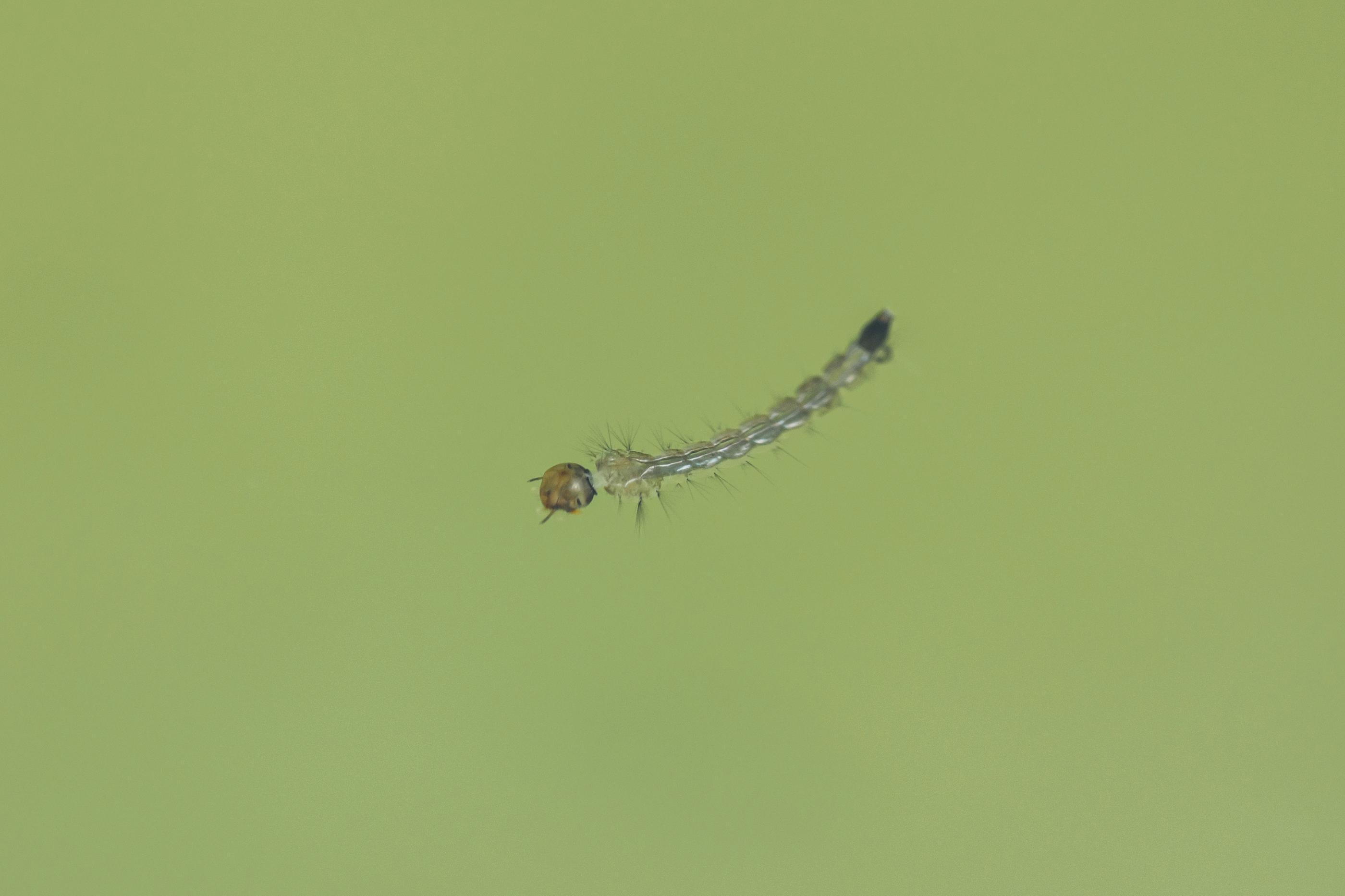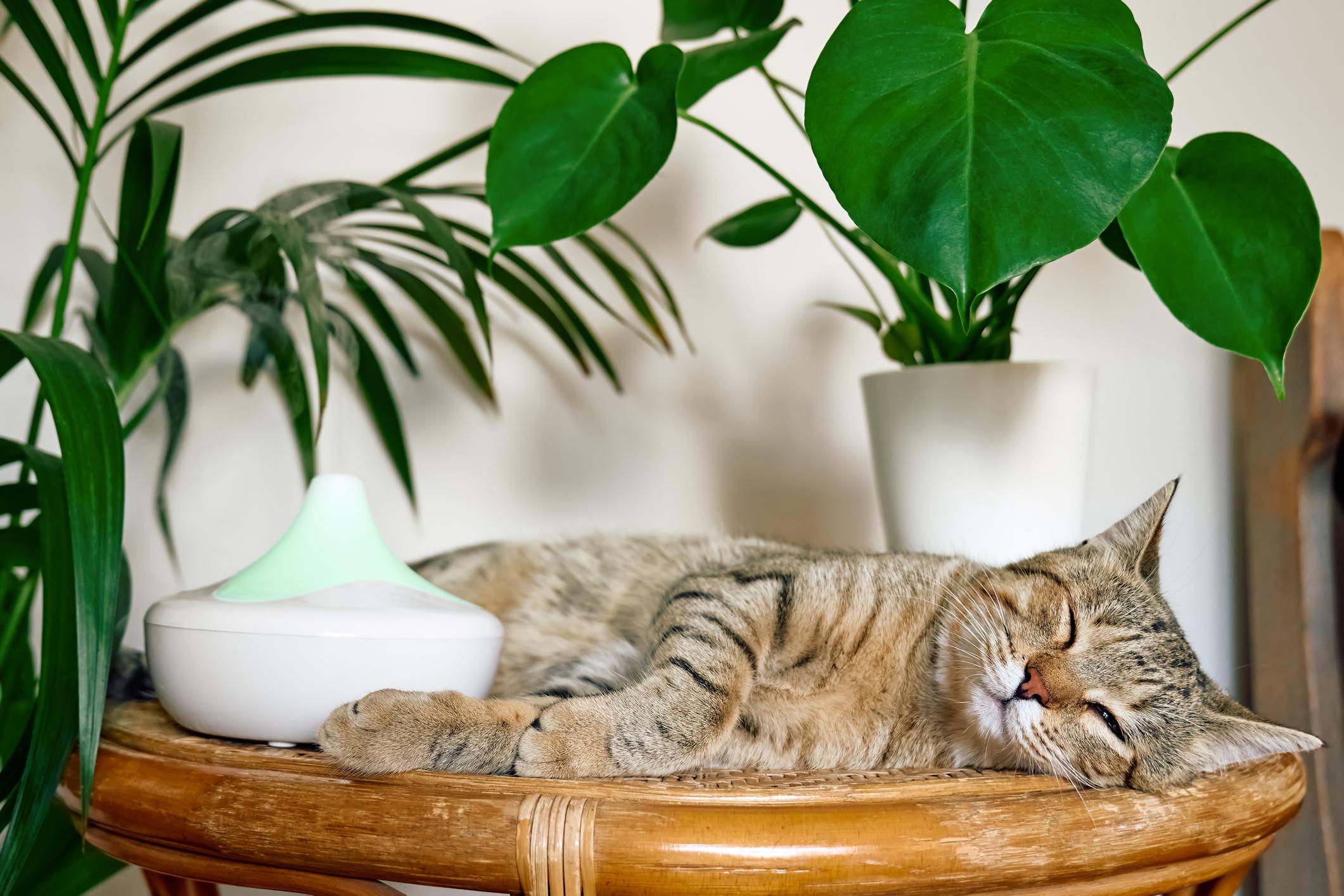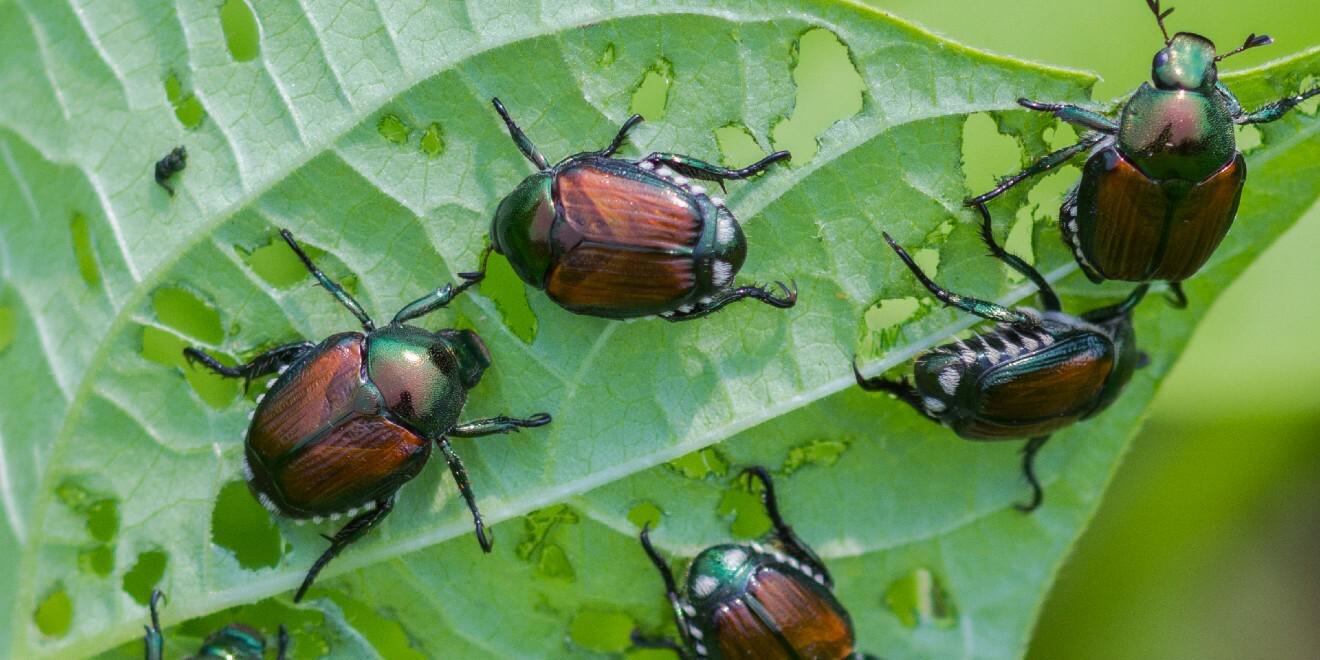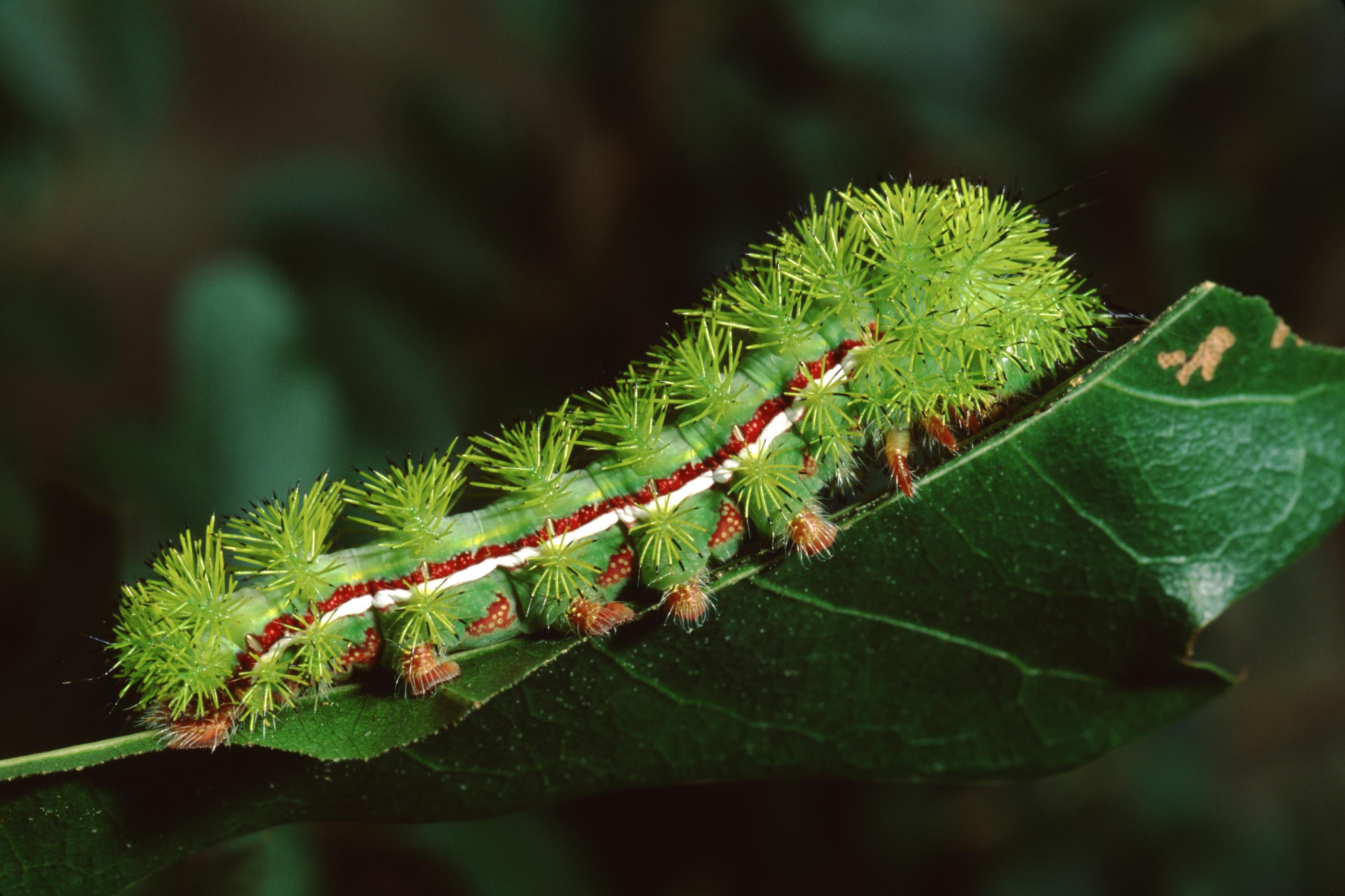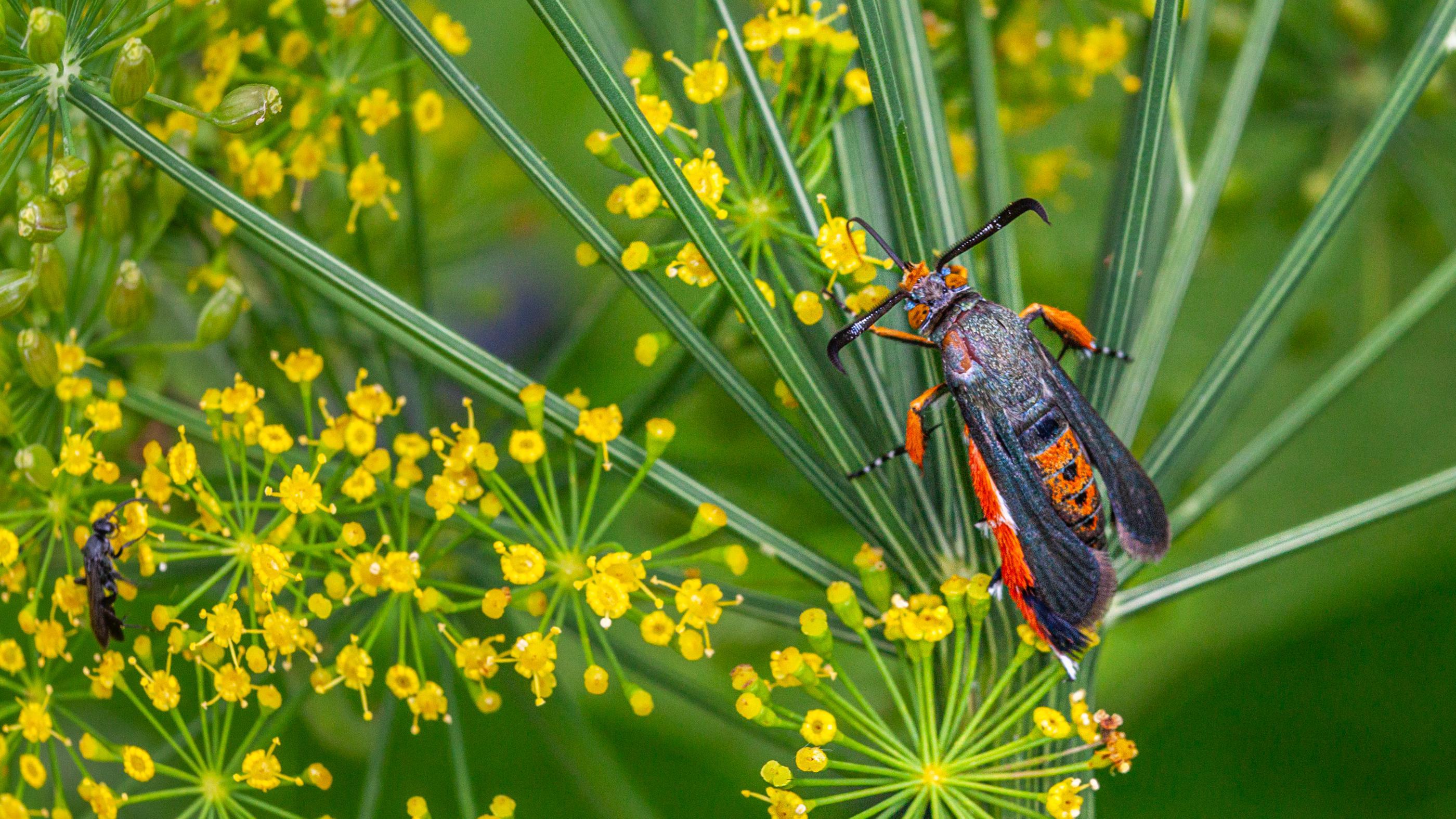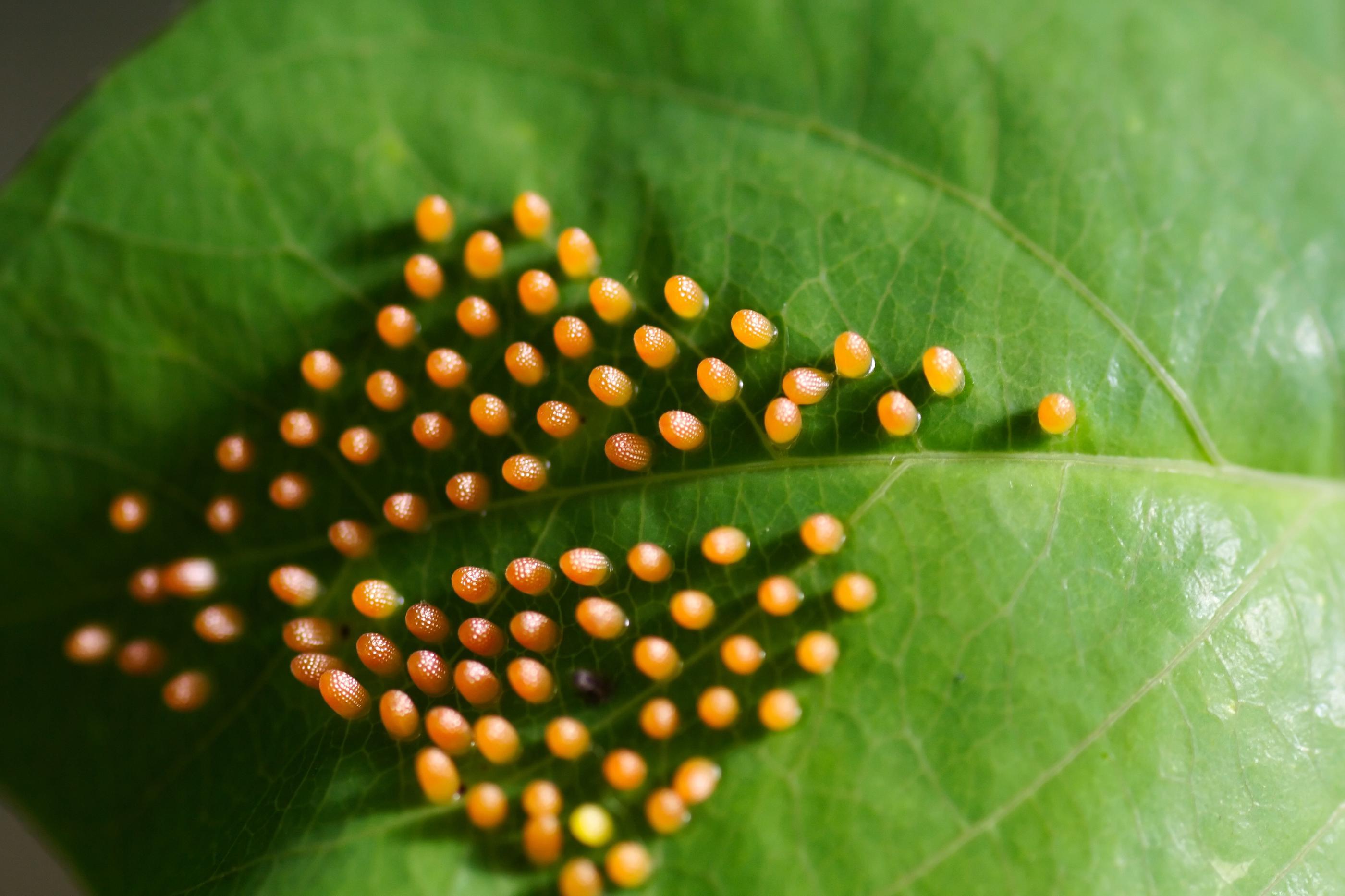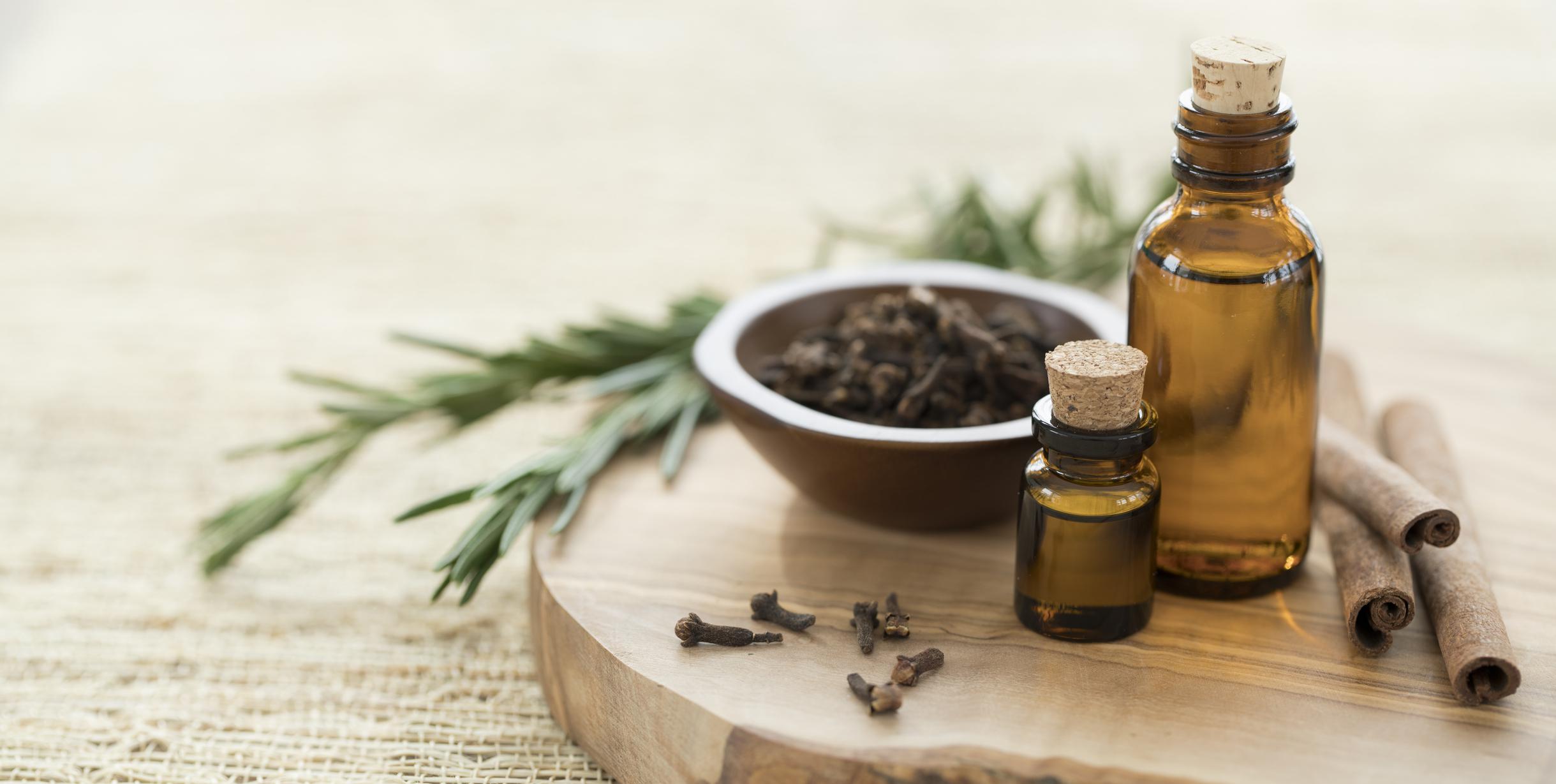Is DEET better than picaridin for hiking?
Posted by Mosquito Squad
December 20, 2023
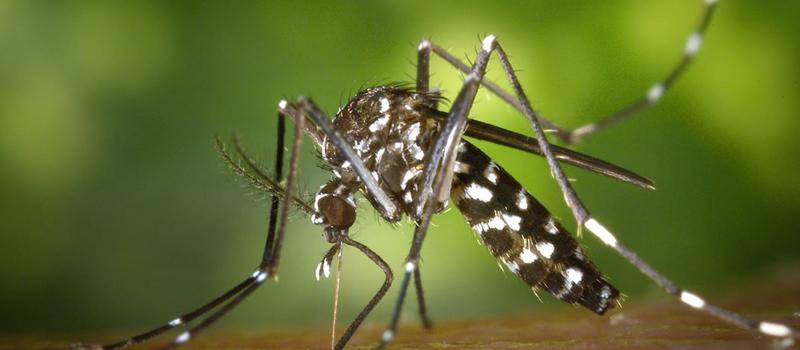
Central Mass residents, who love the outdoors, know that mosquito repellent is a must.
Two popular mosquito protection products are used by hikers and campers. Is DEET better than picaridin, or vice versa? Are there any benefits at all for using one product or the other?
DEET vs. Picaridin
This conversation has picked up steam over the last few years, as more people have begun to hear about picaridin. Though picaridin (a.k.a. icaridin) was developed in the 1980’s, it was not used until 1998. Even then, it was only available in Europe and Australia. It was not introduced to the U.S. market until 2005. Conversely, DEET has been the go-to insect protection product for many years. It was originally developed by the United States Army in 1946 and has been on the market since shortly after that time – a mainstay in mosquito repellents.
When DEET was developed, it far surpassed any mosquito protection product in existence. It is a synthetic product and is considered safe for use for most people. Over the decades that DEET has been widely used, only rare skin reactions have been reported. Picaridin is also a synthetic mosquito protection compound. Though not an natural mosquito repellent, picaridin mimics a compound that is found in nature, called piperidine. The U.S. EPA has deemed picaridin safe for use on skin. *According to the CDC DEET and picaridin are safe for use on children beyond the age of two months in age. They also state the no type of insect repellent should be used on babies under the age of two months.
Is one mosquito repellent more effective than the other?
DEET and picaridin are highly-effective mosquito protection products. A lower concentration of either of these products will require more frequent re-application. For instance, a 10% DEET mixture will require re-application in under two hours. 30% DEET mosquito repellents will last up to six hours. Anyone, who has had a skin reaction to a DEET product, likely only needed to use a lower concentration. Picaridin mosquito repellent is available in a maximum concentration of 20%. Picaridin lotions last longer after application than sprays; an average of 12 hours and 14 hours, respectively. Both these mosquito repellents also repel ticks.
It comes down to personal preference.
Choosing DEET or picaridin for your next hiking adventure really comes down to your personal preference more than one being better than the other. For instance, if you are not keen on the DEET’s fragrance, you will be happy to know that picaridin is virtually fragrance-free when it dries. Picaridin also does not leave a greasy residue on the skin, whereas DEET is known for it. When it comes to reputation, DEET is endorsed by the World Health Organization and other national health organizations. The product is responsible for preventing millions of mosquito-borne infections worldwide. Therefore, if you prefer a trusted mosquito protection product, DEET is the winner due to its age and proven success.
DEET and picaridin are great mosquito repellents for hikers and campers. At home, choose Mosquito Squad of Leominster for effective mosquito control! Call us today at (978) 321-2670.
*If you have questions regarding the safety of DEET or picaridin to protect your children, seek guidance from your pediatrician.

